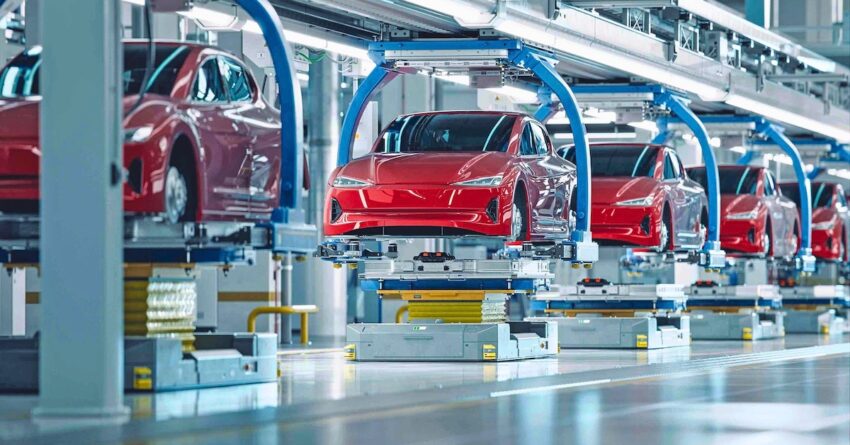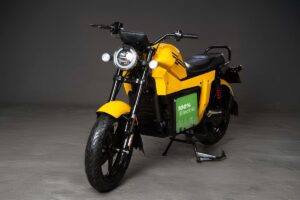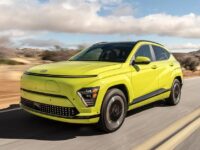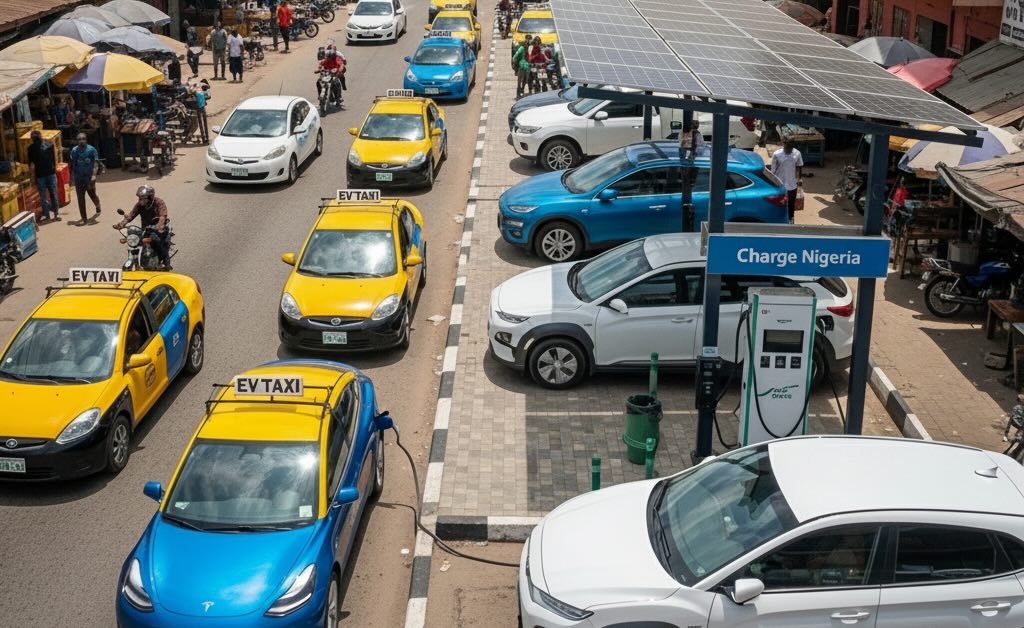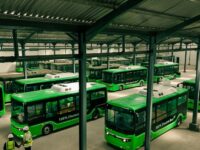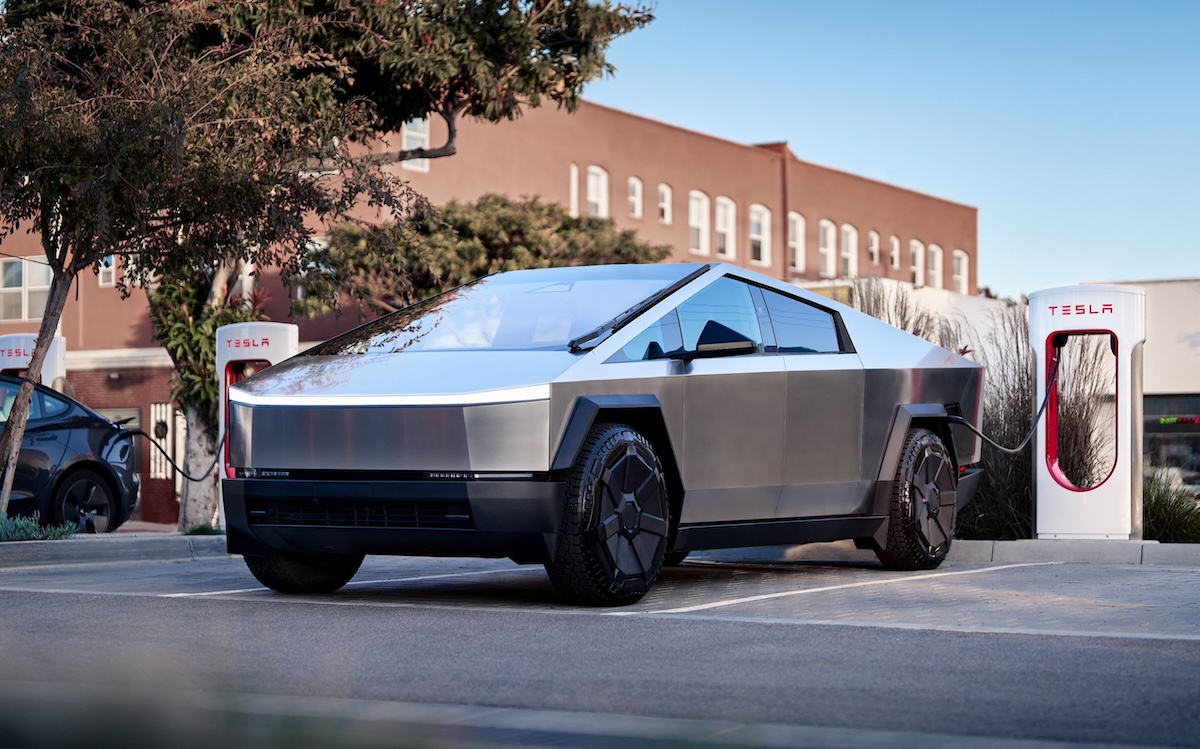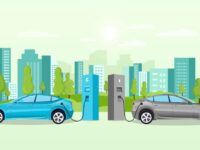With rising fuel costs, a push for cleaner energy, and increasing government attention, Nigerian innovators and entrepreneurs are seizing the moment to redefine mobility. From electric cars and buses to motorcycles and scooters, local manufacturers and startups are creating solutions tailored to African roads and realities.
In this post, we highlight the Top 5 local EV manufacturers in Nigeria who are leading this exciting transformation.
1. Innoson Vehicle Manufacturing (IVM)
As Nigeria’s most prominent indigenous automaker, Innoson Vehicle Manufacturing (IVM) has established a pioneering reputation. In a significant strategic pivot, the company launched its first line of locally manufactured electric vehicles in September 2024, an event that solidified its status as a domestic industry leader. Innoson’s entry into the EV market builds on its established production infrastructure. The company’s overall production capacity for all vehicle types has grown to over 60,000 units annually. For its EV segment specifically, Innoson has set an ambitious production target of 10,000 units per year by mid-2026. The initial EV lineup includes models like the Innoson IVM Link and Innoson IVM EX01, both offering a range of 201-230 km, and the flagship Innoson IVM EX02, which provides a longer range of 330-400 km.
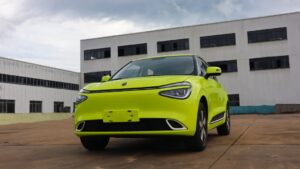
2. JET Motor Company
Founded in 2018, JET Motor Company has strategically carved a niche for itself by focusing on the commercial and fleet market. Its flagship EV, the JET Mover EV, is a bus designed to address the urban public transport needs of African cities. This approach differs from a direct consumer-facing model, as it is predicated on a B2B strategy. Like Innoson, JET Motor Company has an ambitious production target, aiming to produce 10,000 electric vehicles per year by 2026. The company emphasizes that its vehicles are “built for home” and engineered specifically for “African road conditions” with features like an adaptive suspension system and high-capacity lithium iron phosphate batteries.
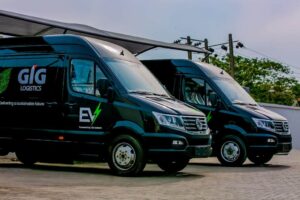
3. NEV Electric
NEV Electric is a local firm that has adopted a comprehensive, end-to-end ecosystem model, encompassing vehicle manufacturing, charging infrastructure, and innovative financing solutions. The company’s factory produces 500 vehicles monthly, and it claims that over 85% of the components are locally sourced. NEV’s vehicle offerings include the NEV T6 and NEV M9, which feature a range of 300-400 km on a single charge and a fast-charging technology that can provide an 80% charge in just 30 minutes at its charging stations. By 2025, NEV Electric plans to install 300 charging stations in Lagos and Abuja, actively building the infrastructure to support its vehicles. The company also addresses the high-cost barrier with flexible financing plans, including lease-to-own options and battery subscription models, to make EVs more accessible.
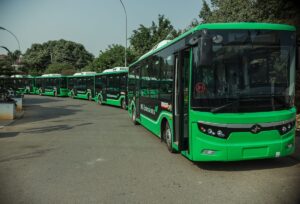
4. SAGLEV Inc.
Based in Imota, Ikorodu, Lagos, SAGLEV has distinguished itself by entering the high-end, luxury segment of the Nigerian EV market. SAGLEV combines global reach with Nigerian roots. The company has partnered with China’s Dongfeng to assemble the M-Hero 917 Electric SUV in Nigeria, an ultra-modern, military-inspired off-road vehicle. This vehicle is a formidable entry, boasting over 1,000 hp, a 0-100 km/h acceleration in 4.2 seconds, and advanced off-road features like crab-walking mode. SAGLEV’s production capacity stands at 2,600 vehicles annually on a single shift, with the potential to scale to 10,000 vehicles per year by adding additional shifts.
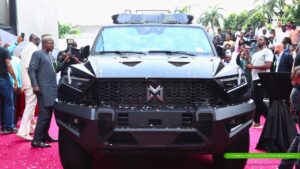
5. MAX
The two- and three-wheeler market is a critical, high-volume segment in Nigeria. MAX, a mobility technology company founded in 2015, focuses on using eco-friendly vehicles and a rent-to-own business model to transform transportation in Africa. Known for transforming mobility through ride-hailing and logistics, MAX has ventured into EVs with the M3 electric bike. Offering 80–110 km per charge and a top speed of 85 km/h, MAX bikes are already in the hands of thousands of riders. Their subscription model and financing plans make EV ownership more accessible.
